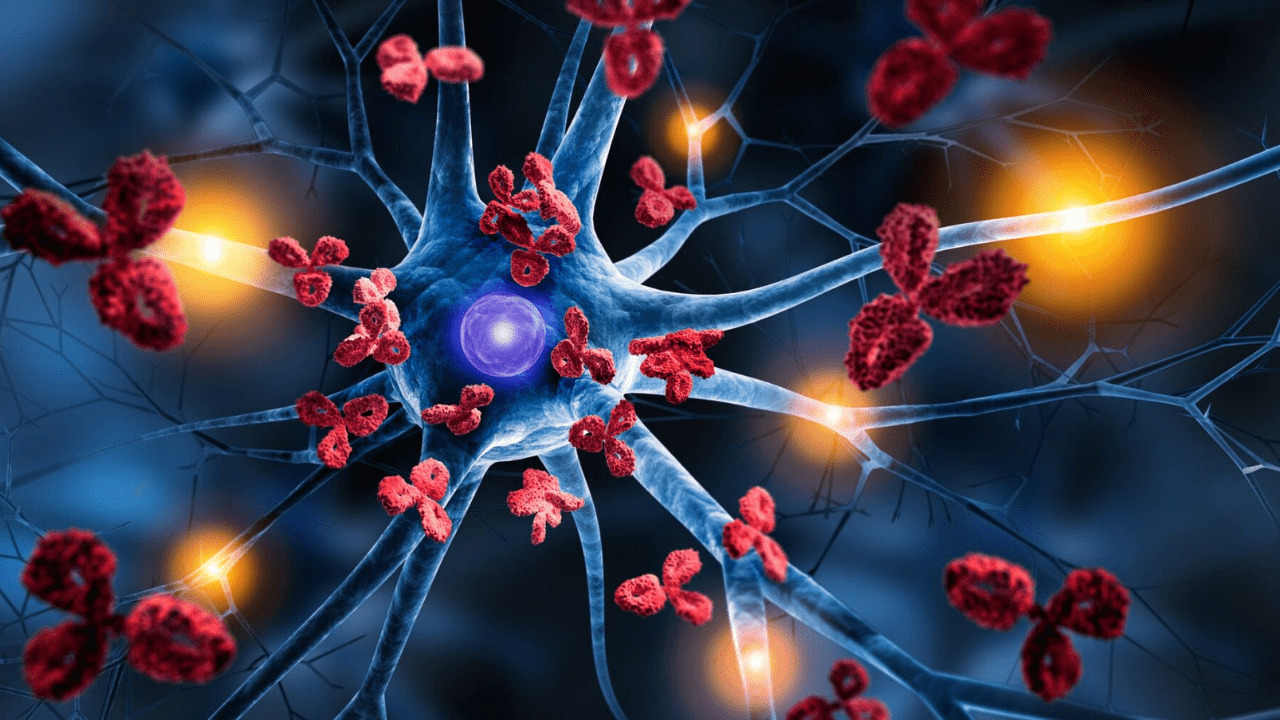COVID-19 Will Make Your Own Immune System Attacks on Your Own Body Cells| Researchers found link between COVID-19 and Autoimmune Disorder
A recent study shows that people who have covid 19 have a higher risk of their immunity attacking their own cells. This situation is medically called as an Autoimmune disorder. Research published on JAMA Network Open shows a possible link between COVID-19 and a higher risk of developing autoimmune disorders. The research indicates that individuals who have had COVID-19 may face an increased likelihood of developing autoimmune conditions. This study supports earlier research that suggested COVID-19 may trigger certain autoimmune conditions through the body’s immune response to the virus. Sung Ha Lim, the study’s first author from Yonsei University Wonju College of Medicine in Seoul, South Korea, noted this connection. What are Autoimmune Disorders? Autoimmune disorders are conditions in which your immune system mistakenly attacks…
A recent study shows that people who have covid 19 have a higher risk of their immunity attacking their own cells. This situation is medically called as an Autoimmune disorder.
Research published on JAMA Network Open shows a possible link between COVID-19 and a higher risk of developing autoimmune disorders. The research indicates that individuals who have had COVID-19 may face an increased likelihood of developing autoimmune conditions.
This study supports earlier research that suggested COVID-19 may trigger certain autoimmune conditions through the body’s immune response to the virus. Sung Ha Lim, the study’s first author from Yonsei University Wonju College of Medicine in Seoul, South Korea, noted this connection.
What are Autoimmune Disorders?
Autoimmune disorders are conditions in which your immune system mistakenly attacks your body’s own tissues and organs. Normally, your immune system helps protect you from infection by identifying and destroying harmful foreign invaders, such as bacteria and viruses. But with an autoimmune disease, your immune system can’t tell the difference between your body’s own cells and foreign invaders. This leads to inflammation and damage to your body’s tissues and organs.
There are more than 100 different types of autoimmune diseases, and each one can affect different parts of your body. Some common autoimmune diseases include:
- Type 1 diabetes
- Rheumatoid arthritis
- Lupus
- Multiple sclerosis
- Celiac disease
- Crohn’s disease
- Ulcerative colitis
- Psoriasis
- Psoriatic arthritis
- Hashimoto’s thyroiditis
- Graves’ disease
The exact cause of autoimmune diseases is unknown. But it is thought to be a combination of genetic and environmental factors. Some people are born with a genetic predisposition to autoimmune diseases. But certain environmental triggers, such as infections, viruses, and toxins, can set off the disease process.
Unvaccinated people Face Higher Risk
Interestingly, when the study analyzed COVID-19 vaccination status, it found that unvaccinated individuals were more vulnerable to specific autoimmune diseases compared to their vaccinated counterparts. This highlights the potential benefits of COVID-19 vaccination beyond preventing the virus itself, as stated by PJ Utz, MD, a researcher from Stanford Medicine in California.
The study conducted by Korean researchers involved examining data from over 350,000 individuals diagnosed with COVID-19 through PCR testing between October 8, 2020, and December 31, 2021. They compared this COVID-19 group to more than six million healthy individuals without evidence of COVID-19 infection.
The analysis revealed higher occurrences of autoimmune conditions in the COVID-19 group, including alopecia areata, alopecia totalis, ANCA-associated vasculitis, Crohn’s disease, and sarcoidosis.

Severity of COVID-19 Matters
Furthermore, the research found that patients with severe COVID-19 cases requiring hospitalization faced a significantly higher risk of various autoimmune conditions, including alopecia totalis, psoriasis, vitiligo, ANCA-associated vasculitis, Crohn’s disease, ulcerative colitis, rheumatoid arthritis, Sjögren’s disease, and ankylosing spondylitis.
Building on Previous Findings
This study builds upon earlier research that associated COVID-19 with an increased incidence of autoimmune diseases. Prior studies had already shown a connection between the virus and the development of autoimmune conditions like rheumatoid arthritis.
Autoantibodies, which believed to play a role in autoimmune diseases, can appear in individuals long before the onset of the actual disease. Viruses, including COVID-19, have been theorized as potential triggers for these conditions.
Limitations and Future Research
It’s important to note that this study primarily focused on the Korean population. And different racial groups may exhibit varying autoimmune condition prevalences. Consequently, more diverse studies are needed to generalize these findings.
Mass screening for autoimmune conditions may not be practical. However, healthcare providers should remain vigilant for symptoms and consider further investigations when patients exhibit signs of autoimmune or inflammatory diseases.
Also read;






